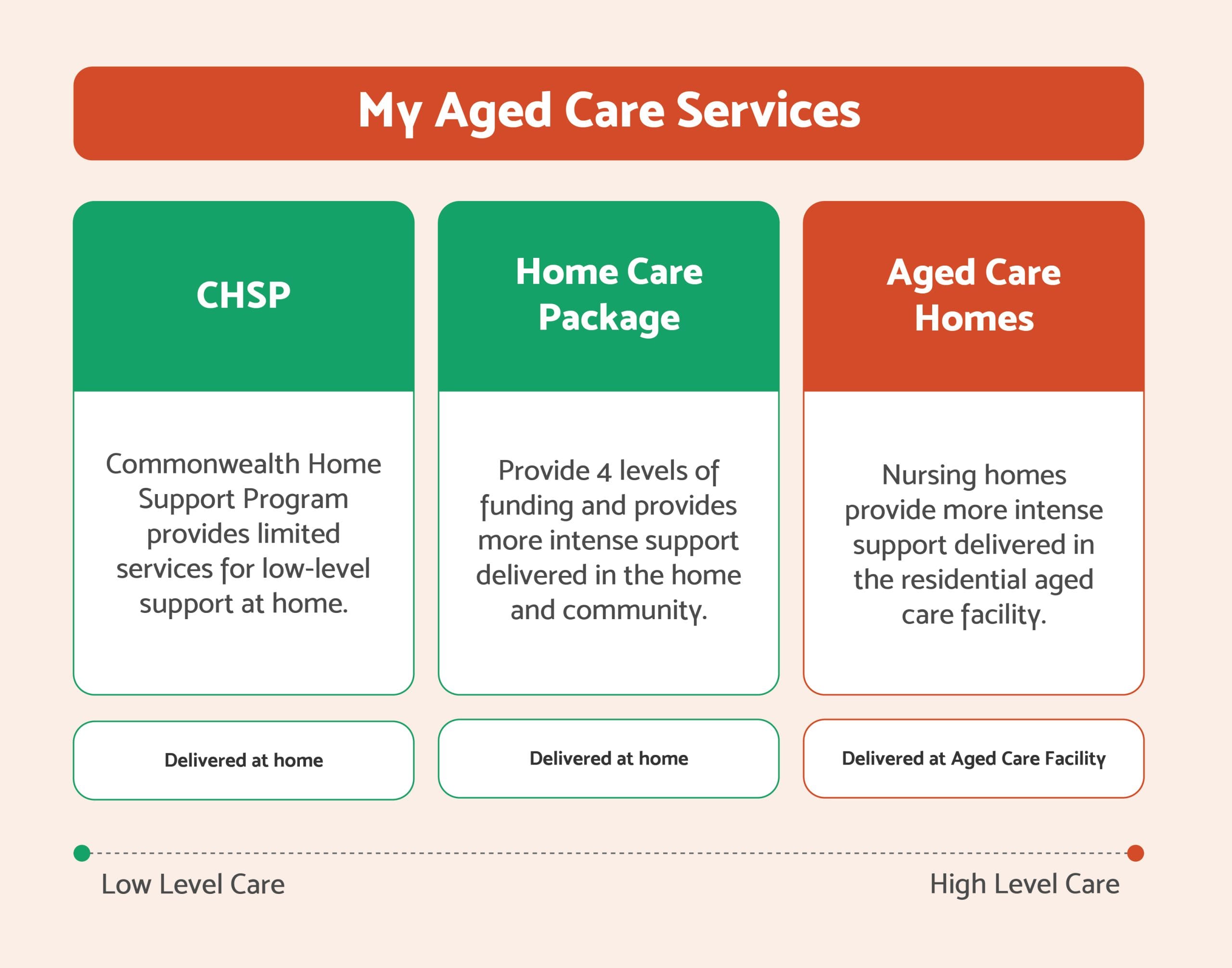Solving common issues with your support at home provider
Solving common issues with your support at home provider
Blog Article
Everything About Home Treatment Services for Individuals With Disabilities: NDIS Registered Support
Home treatment services under the NDIS play a critical function in supporting individuals with disabilities. These solutions are created to enhance everyday living through customized help, ranging from personal care to flexibility support. Recognizing just how to navigate these choices can be complicated. This summary explores the different facets of NDIS home care, from offered solutions to the option of carriers, highlighting necessary factors to consider for those looking for support. The trip towards encouraged care starts here.
Understanding the NDIS and Its Function
The National Impairment Insurance Policy Plan (NDIS) acts as a transformative structure created to offer assistance and solutions for individuals with disabilities. Developed to boost the high quality of life and guarantee fair accessibility to vital resources, the NDIS equips individuals by using personalized strategies tailored to their unique demands. It intends to promote freedom, making it possible for individuals to pursue their individual goals and aspirations.Through a structured approach, the NDIS assigns funding for various assistances, including education and learning, employment aid, and neighborhood involvement. This comprehensive plan not just concentrates on prompt care yet likewise stresses long-term developmental outcomes. By promoting selection and control, the NDIS encourages individuals to select their favored provider, ensuring that treatment straightens with their preferences and values. Ultimately, the NDIS represents a considerable dedication to improving the lives of people with disabilities, promoting inclusivity, and constructing a much more helpful society.
Kinds Of Home Treatment Services Available
Different sorts of home treatment services accommodate individuals with specials needs, primarily concentrating on personal care support and break treatment choices. Individual treatment aid provides vital assistance with day-to-day tasks, while respite care offers short-term relief for main caretakers. Recognizing these solutions is essential for ensuring the well-being of both individuals with impairments and their households.
Personal Care Assistance
While maneuvering life can present challenges for individuals with disabilities, personal care assistance offers important support customized to their one-of-a-kind demands. This kind of home care service encompasses a series of tasks created to promote self-reliance and enhance quality of life. Individual treatment assistants assist with day-to-day tasks such as bathing, clothing, grooming, and toileting, guaranteeing people keep personal health and comfort. They might likewise assist with meal prep work, medicine management, and mobility assistance. By providing personalized treatment, these experts empower people to engage even more fully in their everyday routines and social tasks. On the whole, personal treatment support plays a significant duty in promoting self-respect and autonomy for those with handicaps, enabling them to grow in their home atmosphere.

Reprieve Treatment Options
Break care works as an essential source for families and caretakers of people with specials needs, giving short-lived remedy for the demands of everyday caregiving. This sort of solution can take different types, including in-home break care, where experienced specialists check out the home to assist with treatment jobs. Households may decide for facility-based reprieve care, where people receive treatment in a specialized setting, enabling caretakers to take a break. Furthermore, some organizations supply emergency respite services for unforeseen conditions. These choices not just assist reduce caretaker tension yet likewise advertise the well-being of individuals with impairments by using them new experiences and social interaction. On the whole, break treatment plays a vital role in sustaining both caregivers and those they take care of.

Exactly How to Access NDIS Home Treatment Solutions
Accessing NDIS home care solutions entails comprehending the eligibility criteria stated by the National Special Needs Insurance Coverage Scheme. People need to navigate an organized application process to secure the essential assistance tailored to their demands. This section will certainly make clear both the eligibility needs and the steps associated with making an application for services.
Qualification Criteria Clarified
To receive NDIS home care services, people have to fulfill particular eligibility requirements that examine their scenarios and demands. Initially, candidates must be aged in between 7 and 65 years and have a permanent and significant special needs that influences their capacity to execute day-to-day tasks. In addition, they must be an Australian citizen, a permanent local, or hold a Protected Special Category Visa. The NDIS calls for evidence of the disability, usually with medical analyses or reports. People must demonstrate that they call for support to participate in economic and social life. These criteria ensure that services are routed towards those that genuinely require support, advertising self-reliance and improved lifestyle for individuals with handicaps.
Application Process Actions
Can I Choose My Own Assistance Workers Through NDIS?
The specific inquired whether they can choose their very own support employees under the NDIS framework. Usually, individuals have the flexibility to pick support employees, fostering individualized care that straightens with their particular demands and preferences.
What Occurs if My Needs Modification After Obtaining Support?
If a person's demands modification after obtaining assistance, they should connect these changes to their solution provider. Changes can be made to the care strategy, guaranteeing that the assistance remains appropriate and reliable for their circumstances.

Are There Limits on The Amount Of Hours of Treatment I Can Get?
The private asked about possible restrictions on the variety of treatment hours obtained. Usually, such restrictions might exist based upon details plans or moneying setups, stressing the relevance of reviewing guidelines and agreements routinely.
Can I Utilize NDIS Funding for Home Adjustments?
The concern of making use of financing for home alterations develops often. Normally, people might use NDIS financing for required modifications to their homes, ensuring access and published here safety and security, section upon meeting specific qualification requirements and guidelines.
Just how Do I Manage Grievances About My Home Treatment Providers?
To attend to grievances about home treatment services, people ought to first record their issues. Then, they can interact directly with their company, looking for resolution, or intensify the concern to appropriate oversight bodies if necessary. Home treatment services under the try this web-site NDIS play a crucial role in sustaining individuals with handicaps. Various kinds of home care solutions provide to individuals with handicaps, mostly concentrating on personal treatment assistance and break treatment options. home care providers melbourne. Individual care aid offers crucial support with everyday tasks, while respite care uses temporary relief for main caretakers. Families may choose for facility-based reprieve care, where individuals get care in a specific environment, enabling caretakers to take a break. How can families successfully take care of the financial aspects of home care services for individuals with handicaps?
Report this page